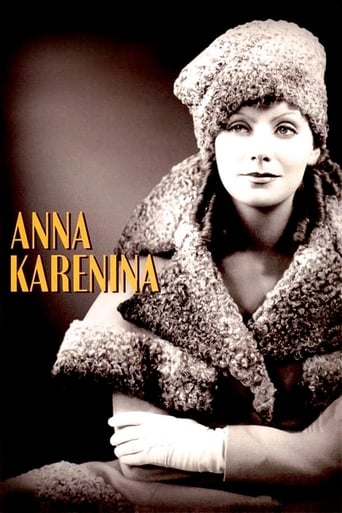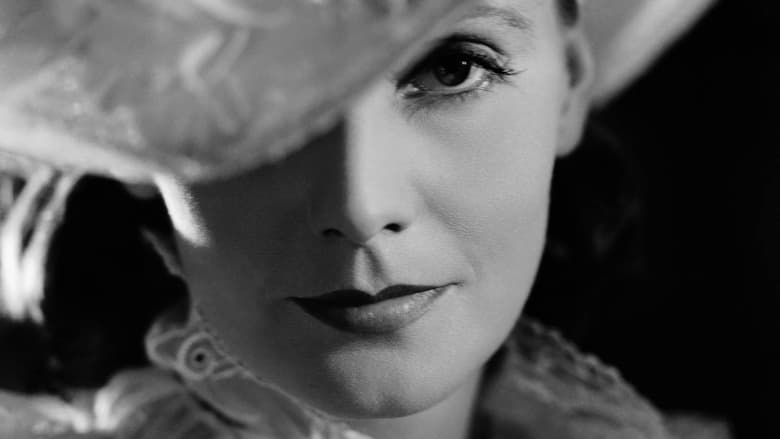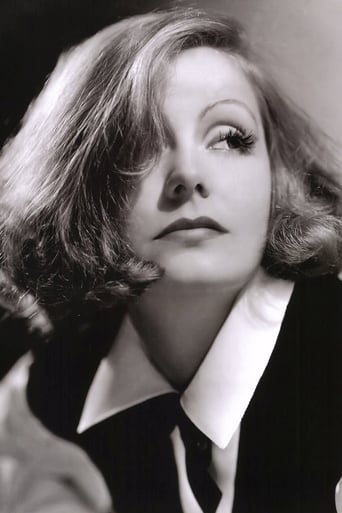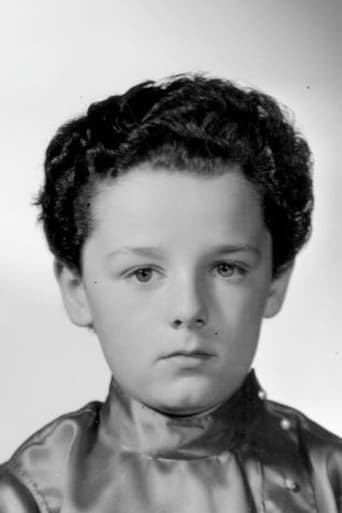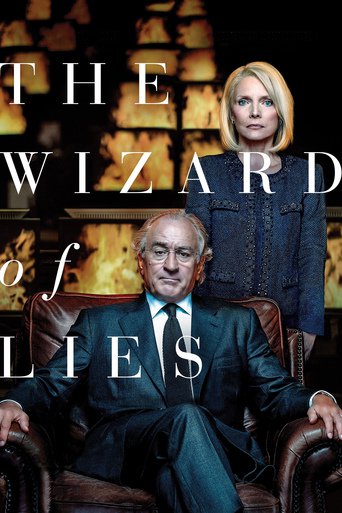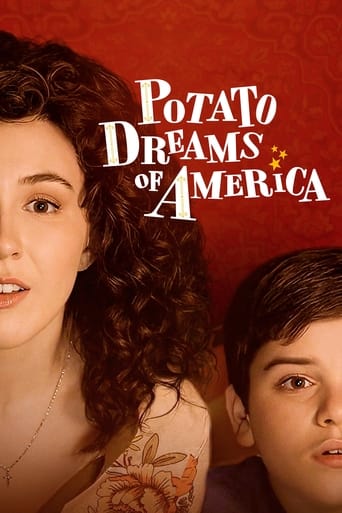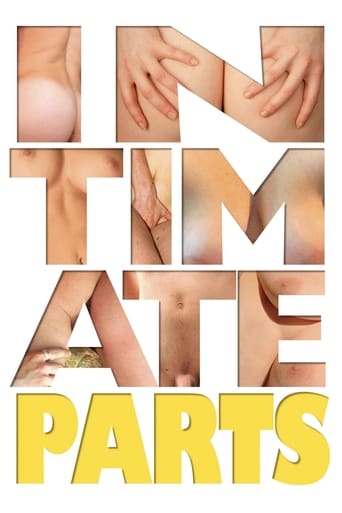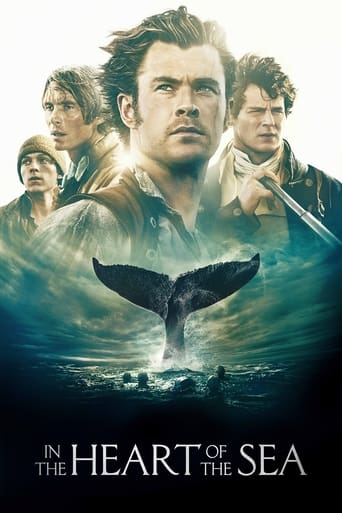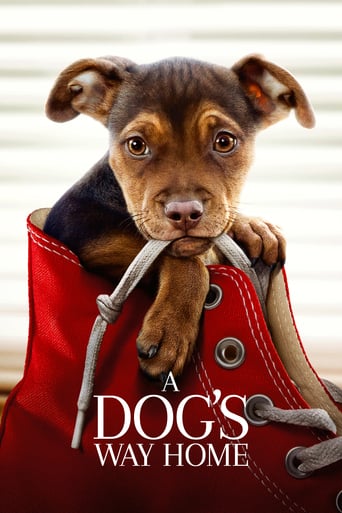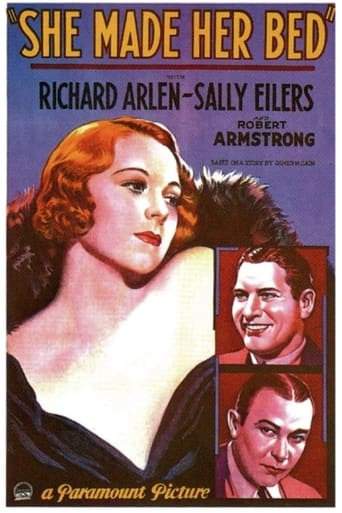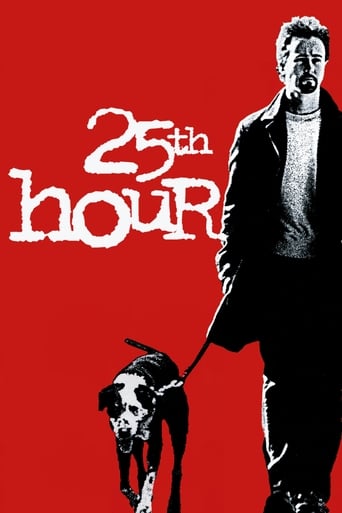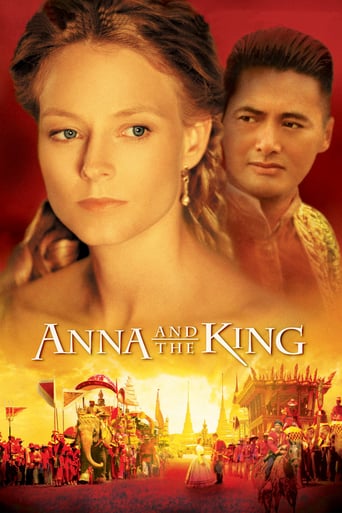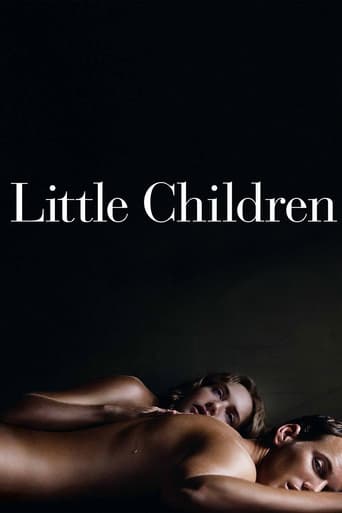Anna Karenina (1935)
In 19th century Russia a woman in a respectable marriage to a senior statesman must grapple with her love for a dashing soldier.
Watch Trailer
Cast


Similar titles
Reviews
best movie i've ever seen.
I like movies that are aware of what they are selling... without [any] greater aspirations than to make people laugh and that's it.
Great movie! If you want to be entertained and have a few good laughs, see this movie. The music is also very good,
It's a good bad... and worth a popcorn matinée. While it's easy to lament what could have been...
Anna Karenina (1935) was directed by Clarence Brown. The film is an excellent screen adaptation of Leo Tolstoy's great novel.The film stars Greta Garbo as Anna. Fredric March portrays Count Vronsky, and Basil Rathbone plays Karenin. March was a great actor, but I thought his Count Vronsky was too cold and unloving. Karenin is supposed to be cold and unloving. Basil Rathbone was a consummate actor, and his portrayal of Karenin was extraordinary.Greta Garbo was born to play this role. From the moment we see her features appear from within a cloud of steam, until the end of the movie, she's perfect. Of course, her beauty was fabled, but she also was a great actor. Anna Karenina was the perfect role for her, and she played it to perfection. There's no point in going on and on about Garbo. When you see the movie, you'll understand what I mean.It's interesting that director Brown was never considered to be among the elite directors of his day. However, he was Garbo's favorite director. The person introducing the movie told us that Garbo preferred him because (a) He knew how to film her to bring out her beauty and (b) he basically stood back and let her be Garbo.Even if Brown wasn't considered to be among the top directors of his time, the film he directed manages to convey the essence of Tolstoy's novel in 90 minutes. The novel is almost 1,000 pages long. Capturing this epic work in 90 minutes, complete with a long dance scene and a scene at the opera, is almost miraculous.We saw this film at the wonderful Dryden Theatre at the George Eastman Museum in Rochester, NY. We watched a 35mm print, restored at Eastman. Of course, this is how the movie was meant to be seen. However, it will work well enough on the small screen.I checked the IMDb list, and learned that Anna Karenina has been filmed over 30 times. (Actually, Garbo played Anna in an earlier silent film.) Clearly, it's a novel that works on the screen. As I write this review, Garbo's Anna Karenina has a respectable 7.1 rating on IMDb. There may be other Anna Karenina movies with a higher rating than that. Remember that this version stars Greta Garbo. In my opinion, it's an essential film for people who love literature and movies. Find it and enjoy it.
Anna Karenina (1935): Dir: Clarence Brown / Cast: Greta Garbo, Fredric March, Basil Rathbone, Maureen O'Sullivan, Freddie Bartholomew: Classic tale of forbidden love that seems current with modern bad decisions with regards to relationships. Anna Karenina is married to a Czarist official and has a son but the marriage seems only as an image to his political agenda. She becomes entangled in a relationship with a military officer and when this becomes public her husband gives her a stern choice. She can either end the relationship or lose her marriage and her son. This is where the film becomes a tad problematic. Can someone really place a price on their own child? Of course, even today these relationships are rushed into and romance becomes but a myth or empty promise. This is a sad conclusion for anyone seeking romantic entertainment. Greta Garbo as Karenina is torn between a rock and a hard place. Frederic March as the military officer is led on by his own delusions of romance and his eventual yearning for military action. Basil Rathbone is terrific as Karenina's husband whose dominant position is tested until he retaliates. Maureen O'Sullivan steals scenes as Kitty who was originally smitten with March until her attention is turned. Freddie Bartholomew plays her son whom she is isolated from. Well made classic about the scars of bad relationships. Score: 8 / 10
The married Anna Karenina (Greta Garbo) falls in love with Count Vronsky (Fredric March) despite her husband's refusal to grant a divorce, and both must contend with the social repercussions.Some have called this the perfect Garbo vehicle. I can see that. She is a star whose name and reputation exceed the films she is known for. (Ask someone if they have heard of Greta Garbo, and you will get "yes". Ask them to name a single film she was in and it might be quiet.) Here she is strong, as she should be. Garbo was never a damsel in distress.It does not hurt that she is surrounded with a good support network. Fredric March is, of course, wonderful. And one should never underestimate Basil Rathbone, though I think people often do.
Two things stand out for me in watching this fine film: Garbo's acting and the way in which the novel was transferred to the screen.Many American viewers are impervious to Garbo's acting even as they acknowledge her beauty. To the end of her life, despite more than 50 years of residence in this country, Garbo never became Americanized. She remained an anti-social foreigner who appealed mainly to Europeans. Since this approach does not work in the American melting pot, she retired after World War II had deprived her of her European audience.However, for many intellectuals and artists, whenever she appears on the screen it is as though an inner door has opened to all of European culture: its literature, painting and sculpture, drama, poetry, music, philosophy, architecture – everything. Though certainly no intellectual, Garbo had a profound instinct for the real thing that continues to inspire artists and creative thinkers in this global age of mass media.The script for this movie is an admirable adaptation of Tolstoy's long, panoramic novel of life among the upper crust in 19th century Russia. There are well-mounted scenes from an officers' banquet, a full-dress ball, a croquet party, a horse race, an Orthodox wedding and a Russian opera. Together with a searching musical score by Herbert Stothart, this sumptuous filmfare communicates volumes in itself.Foremost among the themes of the novel was the double standard, whereby married men can be openly promiscuous while married women must keep their hanky-panky a secret. Anna attempts to buck this trend through open adultery and loses everything. The inertial forces of society are symbolized in the novel and in the film by the train. The train scenes are very important to the unity of the story and are superbly photographed and abetted by sound effects and musical commentary.I could go on and on, but for reasons of space limitations must end here by declaring this film to be the best adaptation yet of one of Europe's finest novels. See it!

